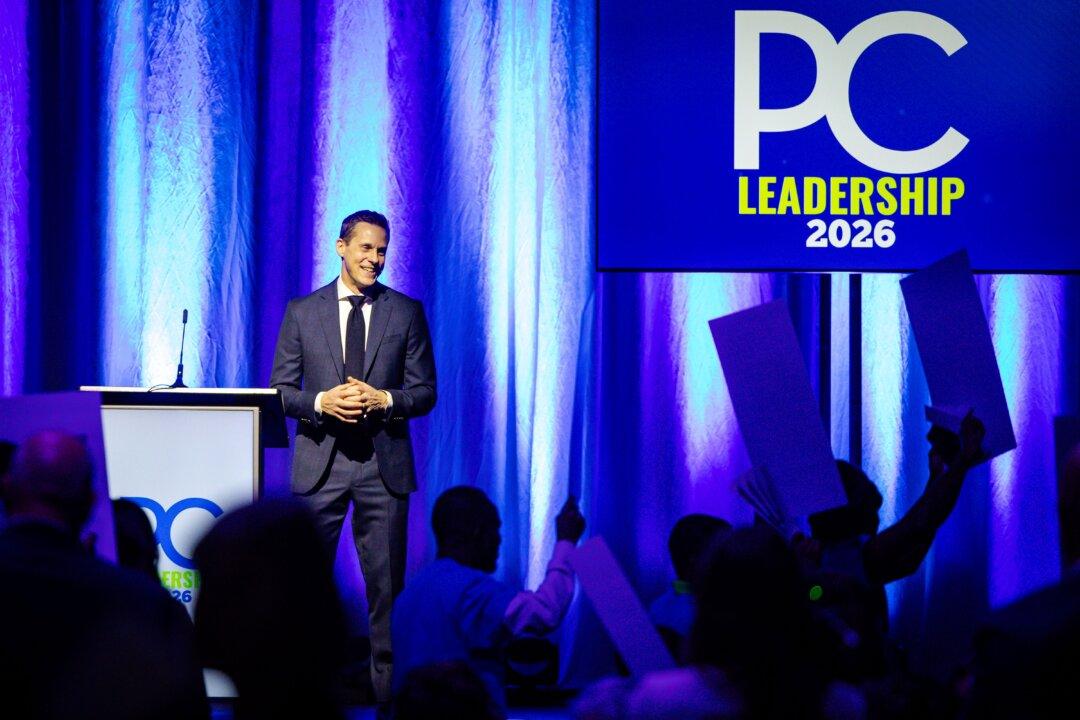Some advocates are marking April 25 as Parental Alienation Awareness Day in Canada and the United States, and are hoping to raise awareness of the issue so parents experiencing alienation are better able to identify it.
The term parental alienation refers to the process through which a child rejects a relationship with one parent as the result of the psychological manipulation of another parent. It commonly happens during a divorce, separation, and custody disagreements, when one parent engages in behaviours intended to destroy the relationship between a child and the other parent.





